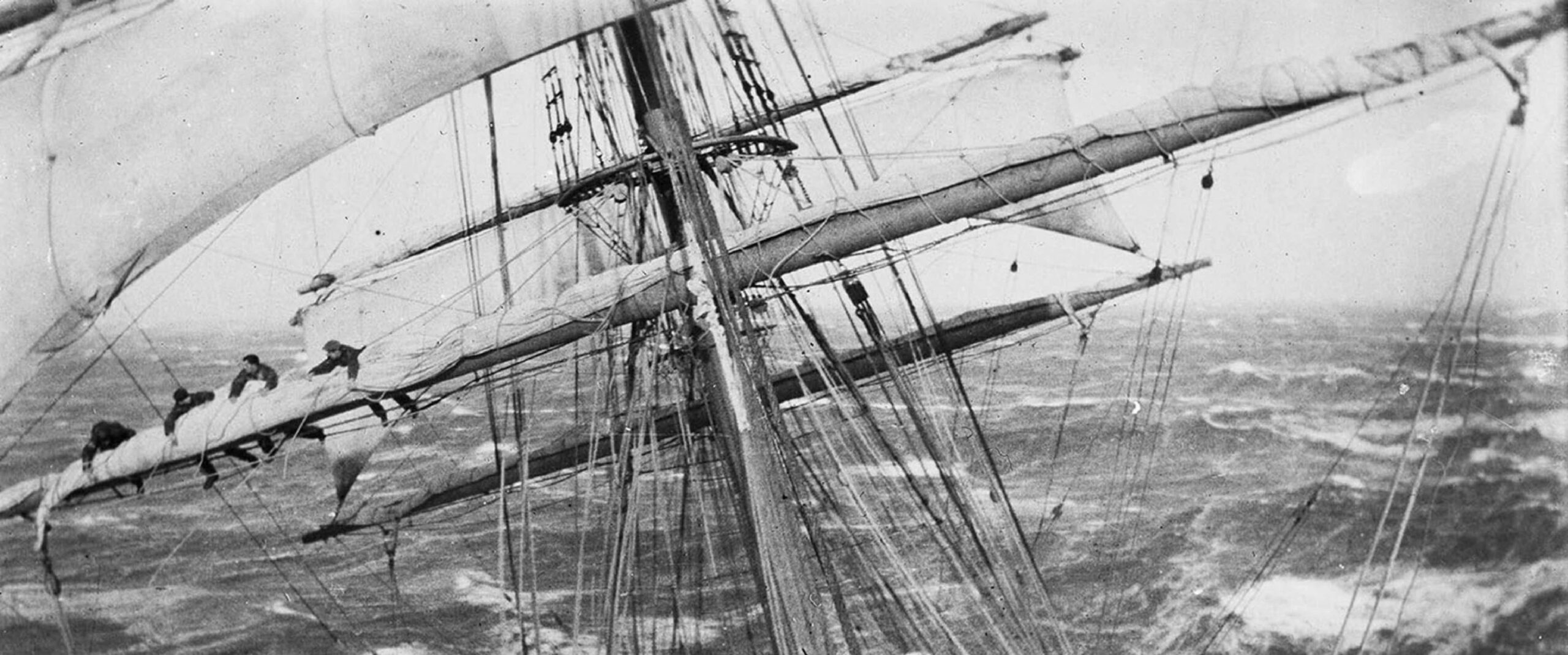
I once worked in a team that set new priorities every week.
Our leader regularly used their weekends to come up with fresh ideas and send out detailed directions, often followed by high energy discussions on Monday morning. Those same directions would often be swamped by new ones the following week.
The team was dedicated and motivated but the constant redirection made us exhausted. And weakened.
We got a new leader who wasn’t so easily distracted.
We focused on finishing a shorter list of important things. We achieved more by doing less, and we became a stronger team.
Strong teams know how to finish.
They’re not afraid of distractions because they know how to control them.
They welcome new ideas, but they know that starting a project is the easy part, and finishing is where the value comes.
They like change so much that they make changes happen.
Then they support and nurture those changes long term.
Distraction is an emerging modern problem across society but for teams it goes back well before social media and smart phones and 24 hour news cycles.
Teams are only human after all. Difficult tasks have always been avoided and new shiny objects chased.
Boring difficult tasks are boring and difficult… but if they’re important they have to be done.
Some teams avoid boring and difficult by chasing easy and exciting things. Such chasing can become an established habit.
The only way to beat a bad habit is with a good habit.
That’s where leaders earn their salaries.
The secret is not in how you treat routines and meetings but how you treat distractions.
It’s also a telltale sign of team culture.
“..strong teams… are not afraid of distractions because they know how to control them…”
Does your team celebrate project launches.. or project completion?
Do you reward suggestions.. or achievements?
Are your meetings led by the latest new problem issue.. or are new things pushed back behind the important topics?
Is the latest crisis always the leading talking point between leaders?
How much of your time is spent on what’s new vs following up on what’s important?
Do you have a list of what’s important, and make sure you don’t forget them, or allow every new toy to take your attention?
Do you have the patience to put new idea discussions after progress reviews?
Does your team start new projects before the last one is completed? Does the new initiative allow you to avoid facing up to the failure of the last one?
Do you use “Agile” as a cover? Where “fail fast” gets twisted to mean “failure doesn’t matter”?
Ideas are cheap. Hitting deadlines is hard.
Changing directions can be a neat way of avoiding deadlines.
Or do you focus on a few important things?
Achieve more by doing less?
How do you treat Distractions?
.
.
“I might be wrong, but at least I’ve thought about it…”
